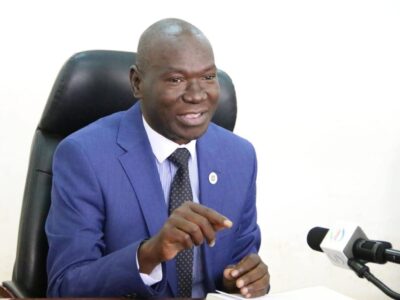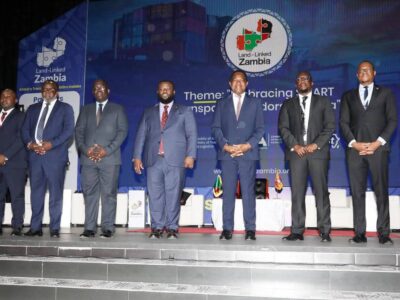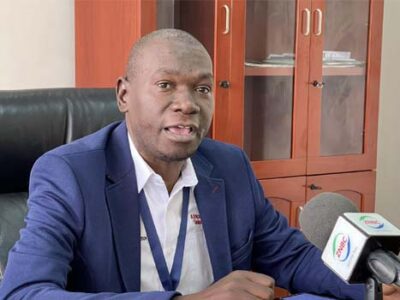The proposed US$72 billion Vietnamese investment has come under intense scrutiny from various sections of Zambian society, with increasing calls for the government to cancel the deal.
It had been reported that a Vietnamese investor plans to inject US$72 billion into a high-technology mixed agriculture project spanning Luapula, Northern and Muchinga provinces over a 20-year period.
The project claimed to create up to 300,000 direct and indirect jobs, with 98 percent of positions designated for Zambians once operational.
However, criticism has trailed the venture, with voices like Harry Kalaba, leader of the Citizens First Party, who described the investment as scandalous.
Kalaba and others alleged that Zambia stands to lose 6 million hectares of land in Luapula, Muchinga and Northern Provinces if the deal proceeds.
“The investment has sparked scrutiny and concern across the nation,” Kalaba stated in a press release on Monday.
He emphasised that the proposed allocation of such a vast amount of land to a foreign entity raises serious questions about transparency and national sovereignty.
Public discontent had been further fueled by claims that the government may be proceeding with the deal despite objections and without adequate consultation with affected communities.
“The outcry reflects broader fears about the loss of significant national resources and potential environmental impacts,” noted environmental activist groups.
While the Zambia Development Agency (ZDA) has clarified that land allocation was not within its mandate, pressure continues to mount on President Hakainde Hichilema’s administration to reconsider the deal.
Critics argue that such large-scale land concessions risk compromising Zambia’s long-term agricultural sustainability and sovereignty.
“The voices calling for cancellation underscore the importance of transparent and inclusive decision-making processes in matters affecting national resources,” stated civil society representatives.
As debates intensify, the fate of the $72 billion Vietnamese investment remains uncertain, amidst growing demands for greater accountability and public consultation from Zambia’s leadership.
WARNING! All rights reserved. This material, and other digital content on this website, may not be reproduced, published, broadcast, rewritten or redistributed in whole or in part without prior express permission from ZAMBIA MONITOR.












Comments